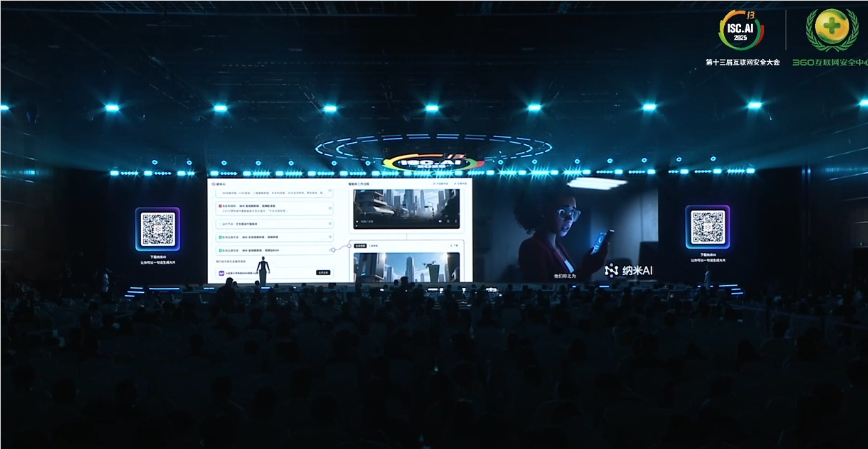Zhou Hongyi Unveils AI Agent Classification, 360 Targets Advanced AI
Zhou Hongyi Introduces Landmark AI Agent Classification System
At the 13th Internet Security Conference (ISC.AI2025), 360 Group founder Zhou Hongyi unveiled a groundbreaking classification framework for artificial intelligence agents, drawing parallels to autonomous vehicle intelligence levels. The proposed L1-L5 model establishes clear benchmarks for AI capabilities while positioning 360 Group's strategic focus on advanced applications.
The Five-Tier Classification Framework

Zhou's classification system organizes current and future AI agents into distinct capability levels:
- L1 - Chat Assistants: Basic conversational agents like ChatGPT, handling simple Q&A and companionship (≤1M tokens/conversation)
- L2 - Workflow Agents: Process automation specialists for knowledge management and routine tasks (≤1M tokens)
- L3 - Reasoning Agents: Advanced systems like Manus capable of professional design work and complex analysis (~1M tokens)
- L4 - Multi-Agent Swarms: Collaborative networks producing creative works like videos or websites (10-100M tokens/task)
- L5 - Self-Creating Agents: Theoretical future systems capable of generating new AI agents
"The L5-level represents the ultimate form of AI development," Zhou emphasized during his keynote. "These systems won't just execute tasks - they'll create new intelligent entities."
360 Group's Strategic Positioning
The Chinese tech giant has launched its "Intelligent Agent Factory" platform to support development across all classification levels. However, Zhou made clear the company's primary focus remains on high-value L3 and L4 applications:
"We're moving beyond basic automation to create systems that demonstrate genuine reasoning capabilities and collaborative intelligence. Our platform enables enterprises to build customized agent swarms tailored to specialized needs."
The initiative positions 360 as a key player in China's push for advanced AI applications, particularly in security-focused implementations where the company maintains historical expertise.
Market Implications and Future Outlook
Industry analysts note the classification system provides much-needed standardization as AI capabilities diversify:
- Clarifies investment priorities for enterprises adopting AI solutions
- Establishes measurable benchmarks for capability comparisons
- Anticipates future regulatory frameworks for advanced AI systems
The announcement comes as Chinese tech firms accelerate development of proprietary AI models amid growing global competition in artificial intelligence.
Key Points:
- Zhou Hongyi proposes first comprehensive L1-L5 classification for AI agents
- System ranges from basic chatbots (L1) to self-creating AI (L5)
- 360 Group focuses on high-value L3/L4 applications through new platform
- Strategic move positions company in China's advanced AI development race